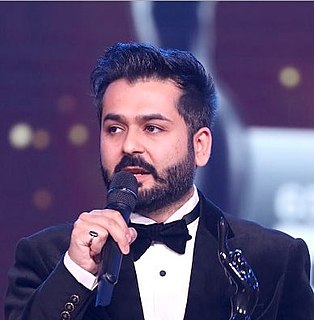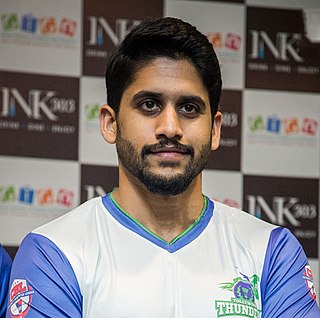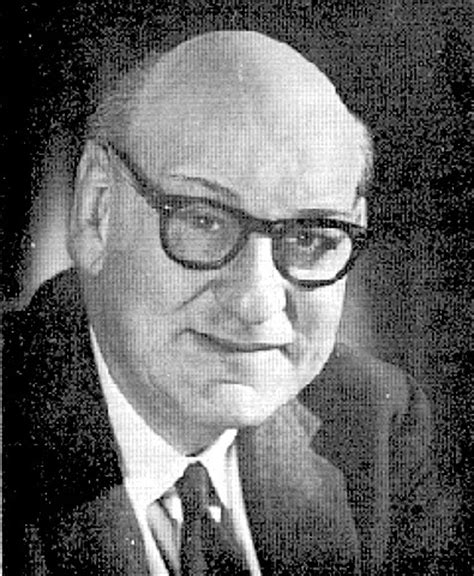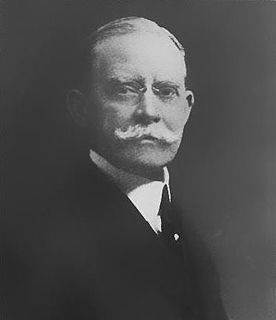A Quote by Aditya Dhar
The only way a first-time filmmaker could have convinced or can convince a producer is if he has a fantastic script.
Related Quotes
The way I pick movies is, first, if the script is any good. Then, if the script is good, who else is in it, the director, the producer, all that. If you have all that, there's a chance the movie will be great. If the script isn't right, or the director or cast isn't right, you've got no shot in hell.
Given enough time, you could convince yourself that loneliness was something better, that it was solitude, the ideal condition for reflection, even a kind of freedom. Once you were thus convinced, you were foolish to open the door and let anyone in, not all the way in. You risked the hard-won equilibrium, that tranquility that you called peace





































